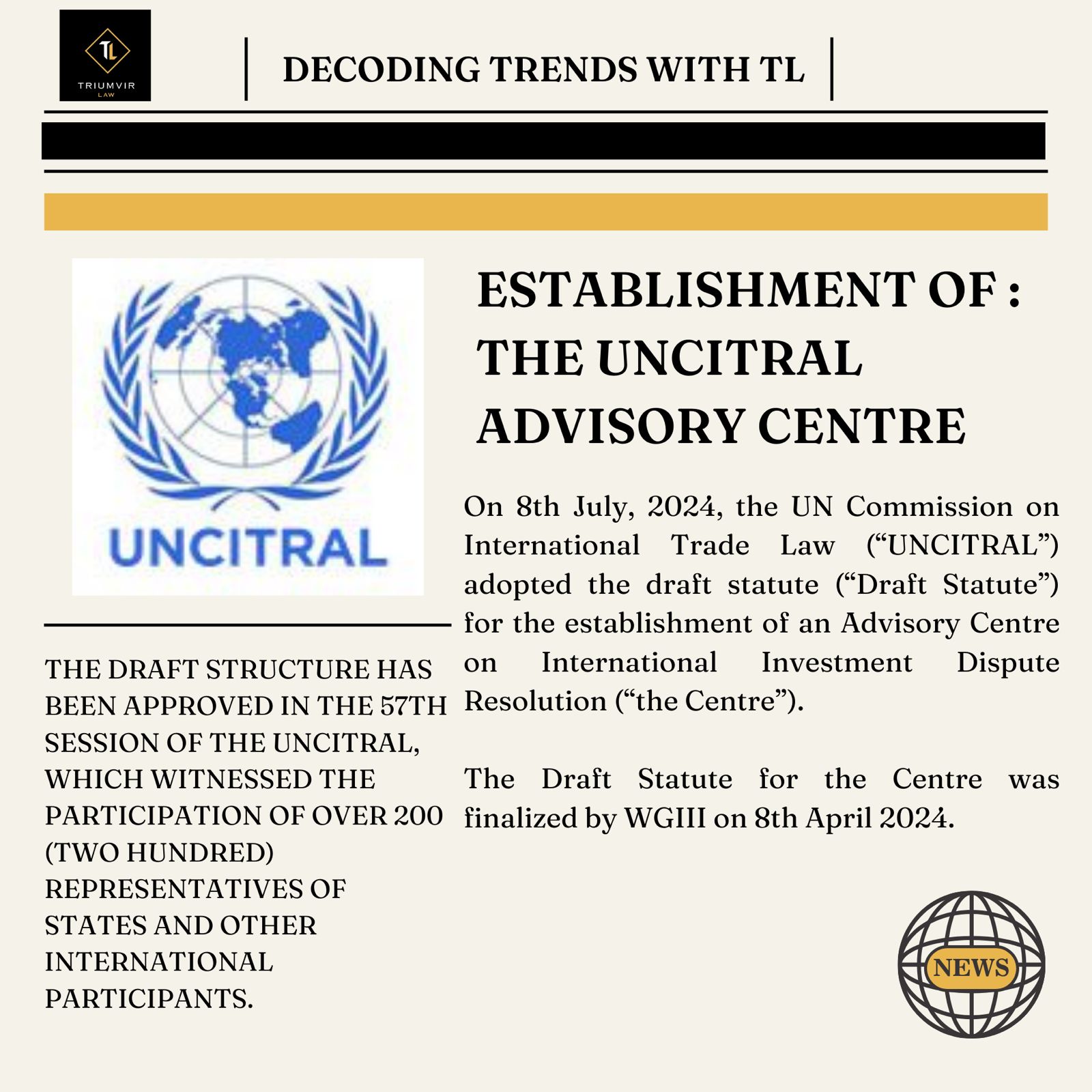
Arbitration and conciliation(amendment) ordinance, 2020

ARBITRATION AND CONCILIATION (AMENDMENT) ORDINANCE, 2020
The Government of India through President of India, Hon’ble Sri Ram Nath Kovind promulgated the Arbitration and Conciliation (Amendment) Ordinance, 2020 (the “Ordinance”) on November 04, 2020 to amend the Arbitration and Conciliation Act, 1996 (the “Act”) (the “Amendment”).
The Ordinance amends Section 36 which deals with the enforcement of arbitral awards. Prior to the Amendment, Section 36 of the Act stated that if the time period for filing an application to set aside the arbitral award under Section 34 of the Act has expired, or if such an application is rejected, then the arbitral award is enforceable under the Code of Civil Procedure, 1908. The enforcement of the arbitral award under the Code of Civil Procedure, 1908 would be similar to the enforcement of a decree granted by the Court.
This Ordinance essentially seeks to ensure that all the stakeholders get a fair opportunity to impose an unconditional stay on the enforcement of the arbitral award. However, this arbitral award must be granted in a situation where the underlying arbitration agreement or contract or the making of the arbitral award are prima facie influenced by fraud or corruption.
Conducting arbitration proceedings for a case of fraud has always been one of the contentious issues in arbitration. However, the Supreme Court’s decision in Ayyasamy v. A Paramasivam & Ors. has settled the debate. It has been held that allegations of fraud are arbitrable unless they are serious and complex in nature and unless fraud is alleged against the arbitration agreement, there is no impediment in arbitrability of fraud.
Through this ordinance of 2020, a proviso to Section 36 of the Act, has been added whereby if the Court is satisfied that the arbitration agreement which is the basis of the arbitral award was induced by fraud or corruption, then the Court will stay such an award unconditionally during the pendency of the appeal if the award was challenged under Section 34 of the Act.
The ordinance also mentions that the proviso shall apply to all Court cases that arise out of or in relation to arbitral proceedings, irrespective of whether the Court or arbitral proceedings commenced prior to or after the commencement of the Arbitration and Conciliation (Amendment)Act, 2015.
In addition to the above, the eighth schedule to the Act which dealt with the Qualifications and Experiences of Arbitrators has now been omitted and in light of this, an amendment to Section 43J of the Act has been made which states that the qualifications and norms for accreditation of arbitrators shall be such as are specified in the regulations, which will be framed by a proposed arbitration council. The eighth schedule had faced criticism from certain quarters stating that such norms restrict India from receiving the benefit of having foreign arbitrators.
The Amendment is deemed to be effective from October 23, 2015 which means it will have a retrospective effect on the on-going arbitration or any award granted post October 23, 2015. The ordinance can make the enforcement of the arbitral award difficult as it has now imposed new conditions under Section 36 of the Act and this directly goes against the sanctity or purpose of the arbitration proceedings as the primary aim of arbitration proceedings is to provide for a summary disposal or speedy disposal of matters. However, the omission of the eighth schedule is an extremely positive and beneficial step as the regressive conditions and policies that were laid down in the schedule restricted several deserving candidates from being accredited as arbitrators.
Disclaimer: This is a general informative post and will not amount to legal advice. The opinions expressed here are general in nature and should not be construed as legal opinion. If you have any specific query on this post, we request you to reach out to our team for the relevant advice.
RECENT POST
SOCIAL SHARE
Related Post

Budget Takeaways 2024-25
Decoding Trends With Trumvir Law The Budget for FY 2024-2025, presented on July 23, 2024, aims to advance India’s growth

The Transformation of Criminal Law in India: A Comprehensive Overview
Decoding Trends With Trumvir Law India’s legal landscape witnessed a seismic shift on July 1, 2024, with the introduction of

Empowering Arbitration: The Advisory Centre on International Dispute Resolution
Decoding Trends With Trumvir Law I. Introduction On 8th July, 2024, the UN Commission on International Trade Law (“UNCITRAL”) adopted

